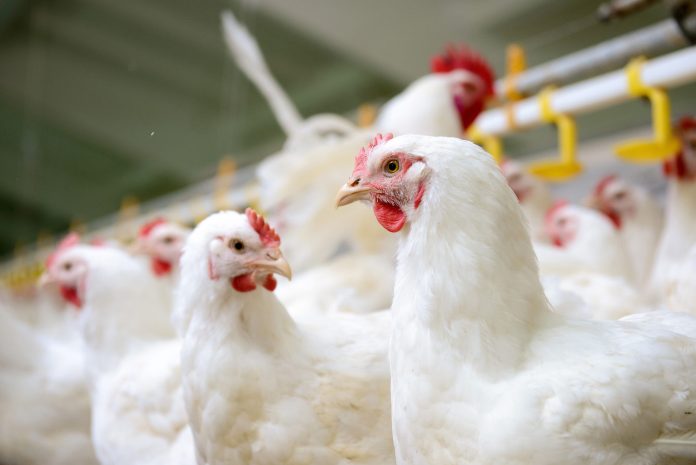
18 Great Facts You Should Know in Poultry farming business
1. Poultry worms has a worldwide occurrence on birds reared on reused litter.
2. Ascaridia infection causes weight depression in the host, which correlates with increasing worm burden.
3. Chickens infected with a large number of Ascarids suffer from loss of blood, reduced blood sugar content, in-creased urates.
 Learn More
Learn More4. Chickens infected with a large number of Ascarids suffer from shrunken thymus glands, retarded growth, and greatly increased mortality.
5. Hypervirulent strains of gumboro disease occur in many part of the world and can cause up to 100% morbidity and 80% mortality in laying hens.
6. Normal mortality in gumboro disease is not more than 40% in laying hens and 20% in less virulent strain in broilers.
7. The virus in gumboro disease is immunosuppressive.
8. The key predisposing factor for necrotic enteritis in poultry flocks is coccidiosis, but there is a host of other ways the risk of infection can be mitigated
9. Stress is also a known cause – both heat and stocking density. Necrotic enteritis is almost unknown in low-stocked systems.
10. Mycotoxins in feed – even below maximum suggested EU standards – have been found to significantly increase the risk of necrotic enteritis.
11. Necrotic Enteritis is rarely discovered outside of two-to-four weeks, a period in which birds’ immune systems are naturally lower.
12. A focus for the future of bird health in general will be in ensuring the gut microbiota is balanced, and thereby preventing clostridium gaining a foothold in the gut.
READ ALSO: Oxygen management in recirculating aquaculture systems
13. the main culprit in odour complaints is ammonia (NH3) – a colourless gas with a very sharp smell.
14. As well as being harsh on the nose, ammonia is also an irritant and corrosive, and exposure to even low concentrations may produce rapid skin or eye irritation.
15. The main sources of odour from a poultry farm are considered to be livestock, feed, housing, manure and waste (including carcasses),
16. Turning the lights off when the birds are young will improve bird health from brooding age to market.
17. A large block of 14 hours dark each day from 7 to 21 days of age is recommended for broilers
18. By giving your birds short days and long nights from one to three weeks of age, you can help them to maintain a healthy body and rapid growth rate
Please note!














